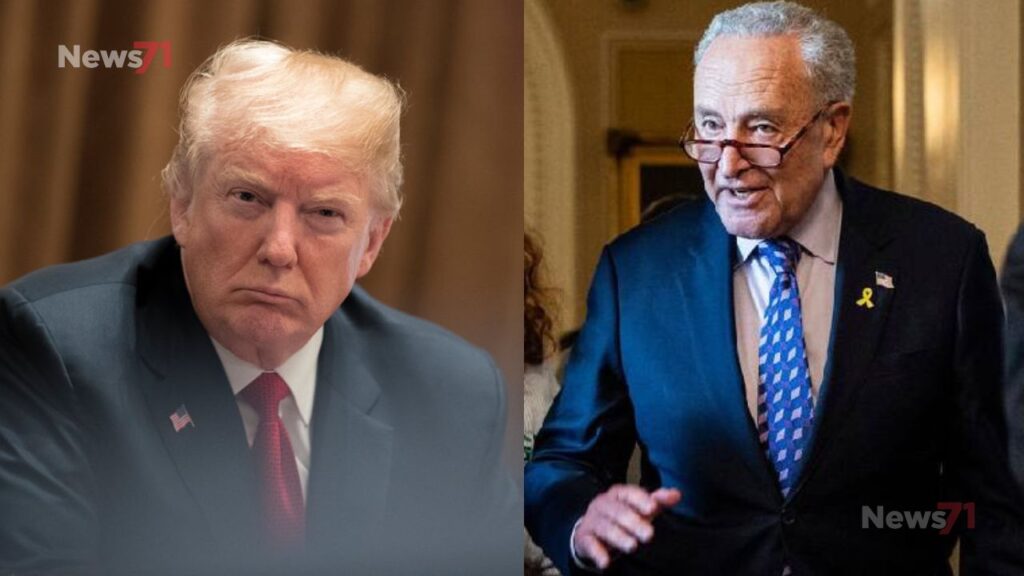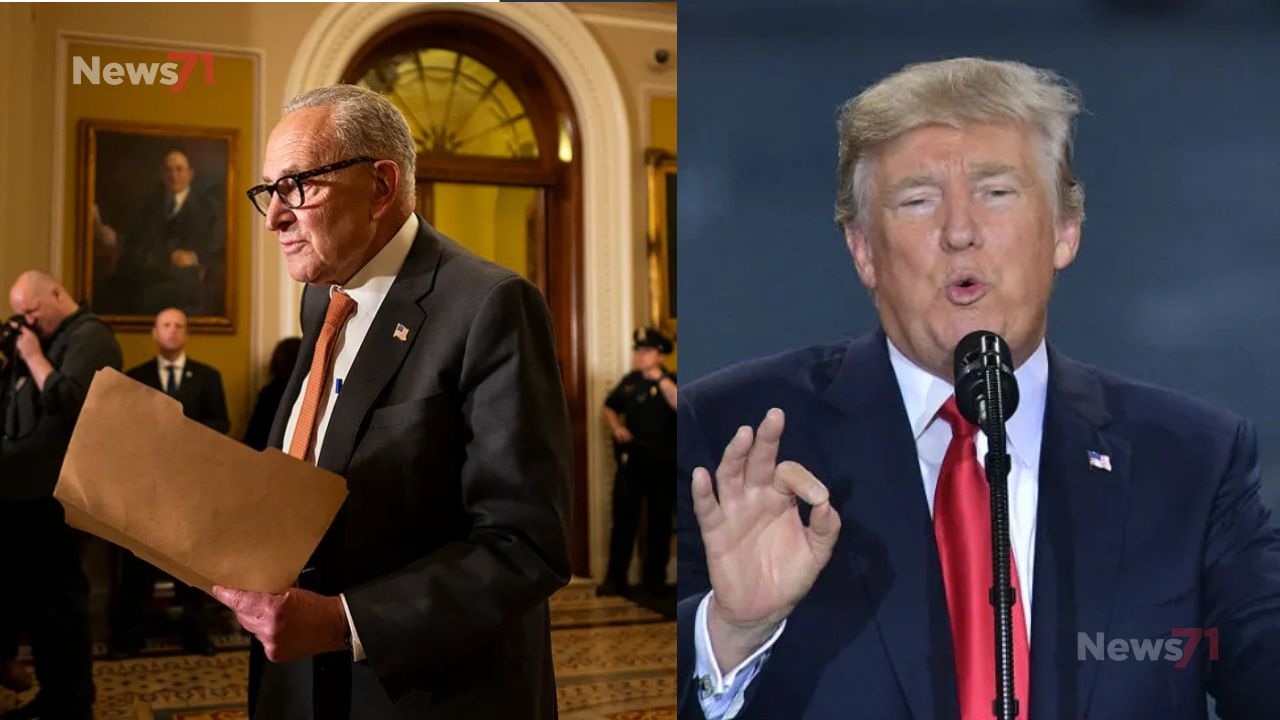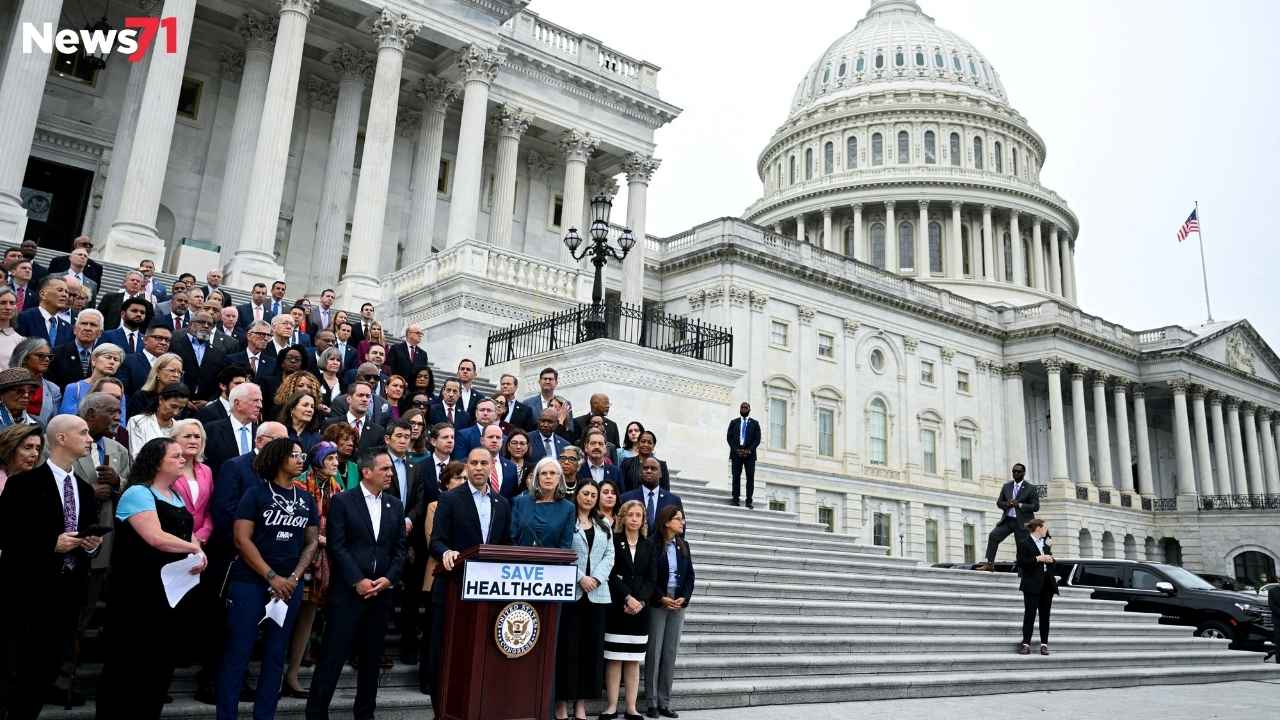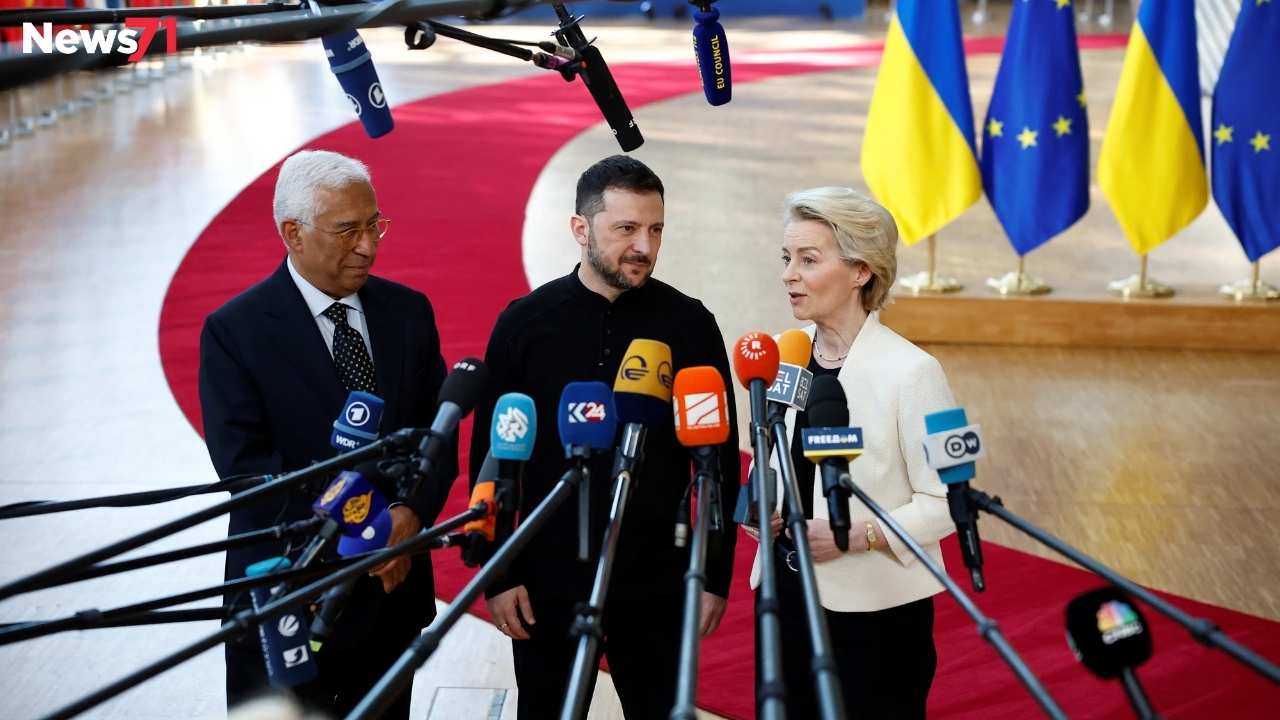The US government faces shutdown after a Senate vote to extend federal funding past a midnight deadline failed, leaving agencies on the brink of halting most operations. The vote ended 55 to 45, falling short of the 60 votes needed to advance the measure, making it almost certain that non-essential government services will cease starting Wednesday. Essential functions like law enforcement and national security will continue, but disruptions are expected across air travel, federal reporting, and other public services. With the Senate divided and the House of Representatives not in session, a last-minute resolution appears unlikely. Senate Republican Leader John Thune indicated the chamber would hold another vote on the House-approved spending bill on Wednesday, but no compromise has emerged between Republicans and Democrats.
Budget stand-offs have become routine in U.S. politics, reflecting deepening partisan divides. This time, Democrats have demanded that any funding bill include additional healthcare subsidies, while Republicans insist the issues should be addressed separately. The inability to bridge these differences has heightened the risk of a shutdown.
US Government Faces Shutdown as Senate Vote Fails, Trump Threatens Layoffs

Adding to the uncertainty, President Donald Trump warned of significant layoffs if the government shuts down. Speaking before the Senate vote, Trump stated that federal programs favored by Democrats could be canceled and that many federal employees would be dismissed. “We’ll be laying off a lot of people. They’re going to be Democrats,” he said, signaling a continuation of his administration’s workforce reductions.
RELATED POST: US to Deport Hundreds of Iranians Following Deal with Tehran, Official Confirms
The administration is already experiencing a large exodus of employees, with more than 150,000 set to leave federal payrolls this week after accepting buyouts—the largest reduction in 80 years. Tens of thousands more have been terminated earlier in the year. Trump has also refused to release billions of dollars approved by Congress, raising concerns among Democrats about the justification for passing new spending bills. Government agencies, including the Justice Department and Social Security Administration, sent memos to employees explaining that the impending shutdown is due to congressional disagreements, a move that some say breaks long-standing norms designed to protect federal employees from partisan pressure.
Senator Catherine Cortez Masto of Nevada, one of three Democrats who supported the Republican funding bill, described the situation as a “costly shutdown” that would grant “even more power to this reckless administration.” Lawmakers across the political spectrum are expressing concern about the potential impact on government operations and the broader economy. If a deal is not reached, the US government faces shutdown starting Wednesday, affecting millions of Americans who rely on federal services. Past shutdowns have caused delays in payroll, national parks, and public benefits, as well as broader economic uncertainty. The standoff underscores the challenges in U.S. governance and the increasing difficulty of passing bipartisan legislation in a polarized political environment.
As Congress prepares for another vote, attention remains on whether lawmakers can reconcile differences and prevent the largest federal shutdown in recent years.






